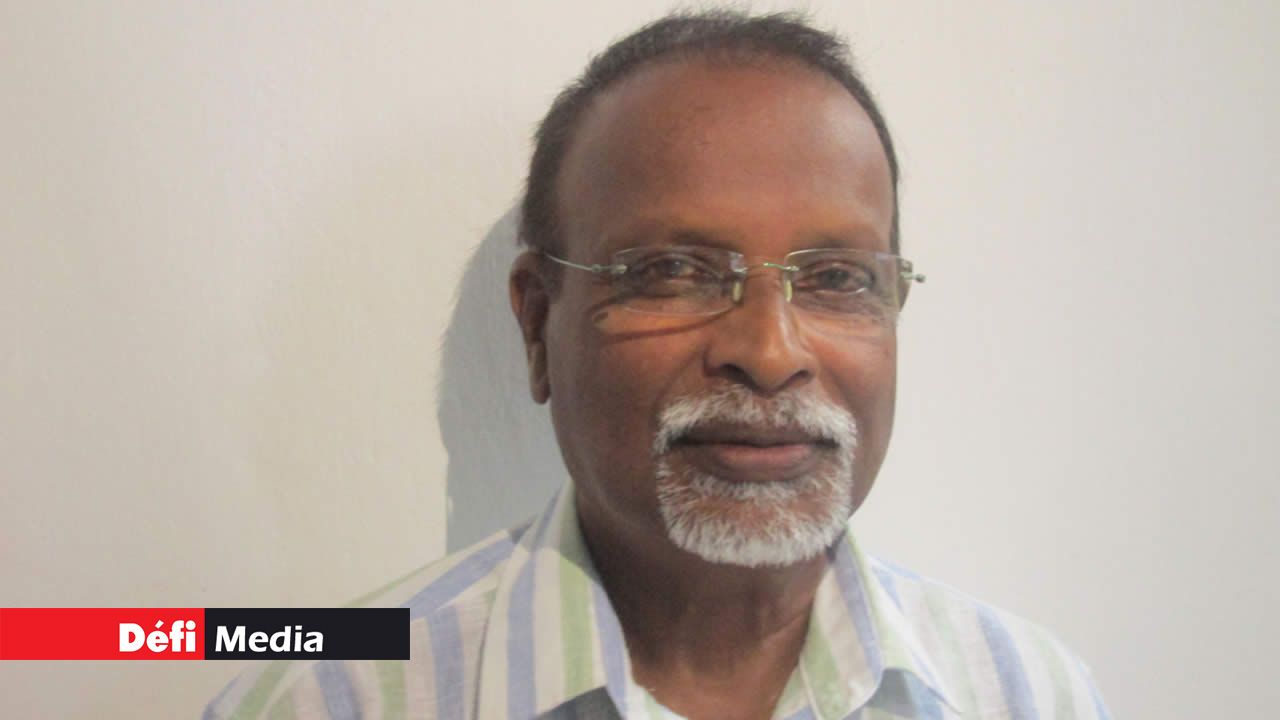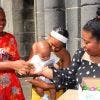
In an article we published in Le Defi Quotidien of 9th November 2018, we pledged it is time for Mauritius to sign the Protocol to the African Charter on Human and People’s Rights on the Rights of Older Persons in Africa. To-day we are reiterating our request to Government to sign and subsequently ratify the said Protocol.
We remind our readers that the AU Protocol was adopted by the Twenty Sixth Ordinary Session of The Assembly held in Addis Ababa, Ethiopia, on 31st January 2016. In his Foreword to the Protocol, the Commissioner for Social Affairs, Dr Mustapha Sidiki Kaloko, writes: "With the adoption of this Protocol, Africa has demonstrated that it is committed to ensuring that the human rights of people of all ages are respected and protected, as premised in the African Charter on Human and People’s Rights, the AU Agenda 2063 and also in the Sustainable Development Goals.’’
Publicité
Further, Dr Kaloko underlines that "the Protocol is comprehensive and covers key issues affecting older persons today as well as preparing us well for an increasing number of older persons. Today, Africa has an estimated population of older persons (60+) of 60 million and this figure will rise to 215 million in 2050.’’
African governments are called upon to address the needs of an increasing population, which can be summarized as follows: Regular incomes, equitable distribution of resources, employment opportunities, access to appropriate health services, access to basic social services such as food, water, clothing and shelter (roti, kapra aur makhan), access to good care and support from the family, the state, civil society and private organisations. Consideration should be given to the contribution of older persons towards the care of persons with AIDS and orphans, and to society. Also, older persons have special needs in emergency situations.
What are State Parties to do within the frame of the Protocol? In summary:
- to ensure that the 1991 UN Principles of Independence, Dignity, Self-fulfilment, Participation and Care of Older Persons are included in their national laws and are legally binding as the basis for ensuring their rights.
- take corrective measures to eliminate discrimination and stigmatization.
- ensure equal treatment and protection and provision of legal assistance to protect their rights and access to justice and equal protection.
- ensure there are appropriate legislations that recognize the rights of older persons to make decisions without influence, and that they have the right to appoint a party of their choice to carry out their wishes and instructions.
- in the event of incapacity provide legal and social assistance in order to make decisions that are in their best interests and wellbeing.
- take measures to eliminate workplace discrimination, and ensure work opportunities taking into account their health status.
- provide adequate pension at retirement and other forms of social security.
- ensure universal social protection especially for those who could not previously contribute to any social security provisions.
- take legislative measures to enable individuals to prepare for income security in old age.
- ensure older women are protected from violence, sexual abuse and discrimination based on gender.
- legislate to provide incentives to family members who provide home care for older persons.
- ensure the provision of preferential treatment in service delivery for Older Persons.
- ensure through legislation that residential care is optional and affordable, care that meets regional and international standards.
- ensure that Older Persons in palliative care receive adequate care and pain management medication. We are underlining again that an older person in palliative and long-term care can opt to stay in hospital or stay at home provided the same medical treatment is provided.
- ensure that older persons who take care of orphans and vulnerable children be financially supported and be provided with appropriate materials.
- access to assistive devices and specialized care be made available to older persons with disabilities.
- ensure protection of older persons in conflict and disaster situations receiving humane treatment, protection and respect at all times.
- guarantee the rights of older persons to access health services that meet their specific needs and ‘ensure the inclusion of geriatrics and gerontology in the training of health care personnel’.
- provide opportunities to education and ICT skills.
- older persons to be given the opportunity to participate in socio-economic development of the country and at the same time in cultural events, leisure, sports and recreational activities generally.
- ensure safe access to services, infrastructure, transport. In Mauritius we have more and more low-floor buses which could be modified to allow access and space of wheel chair hence equality in bus travel.
- educate the younger population so as to combat negative attitudes against older persons, commonly called ageism.
- prepare older persons to face the challenges of retirement and old age.
Dissemination
Article 23 of the Protocol stipulates that "State Parties take all appropriate measures to ensure the widest possible dissemination of this Protocol in accordance with the relevant provisions and procedures of their respective institutions."
After a close reading of the Articles, we in DIS-MOI do not find any hurdle or hassle that lies on the way of Mauritius to sign the Protocol and ratify it.
By : Vijay Naraidoo, President of the Commission for the Rights of Older People of DIS-MOI

Notre service WhatsApp. Vous êtes témoins d`un événement d`actualité ou d`une scène insolite? Envoyez-nous vos photos ou vidéos sur le 5 259 82 00 !















![[Info Soirée] : «Se enn moman kot tou la fami dekonekte ar portab ek rezo sosyo»](https://defimedia.info/sites/default/files/styles/square_thumbnail/public/thumbnail_200425.jpg?itok=6Z6bF_6Y)





